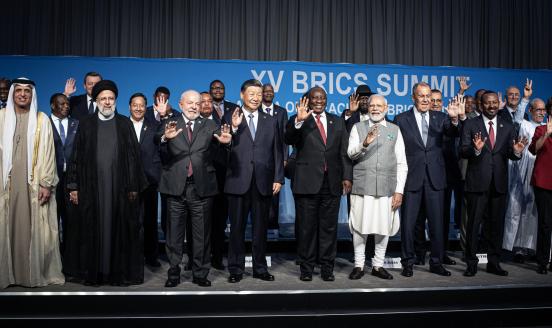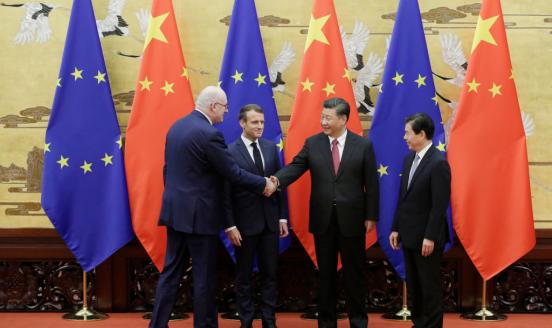Europe in the midst of China-US strategic competition: What are the European Union's options?
With the trade conflict between the United States and China bringing China-US strategic competition into the open, the European Union faces an urgent

With the trade conflict between the United States and China bringing China-US strategic competition into the open, the European Union faces an urgent question: how to position itself in the competition. This paper reviews the impact of the US-led trade war against China and its immediate consequences for China, the US and the EU. Although protectionism can never be growth enhancing, European companies could see gains if the trade confrontation between China and the US ends up reducing their bilateral trade to the benefit of European companies that export to China. This is because US exports to China are concentrated in sectors that are also key for the EU’s exports to China, with the exception of energy and agricultural products. However, a solution to the US-China trade conflict that artificially increases Chinese imports from the US can only hurt European exporters. A much broader and structural deal which pushes China to reform and open up would not only be beneficial for the US but also for the EU and the rest of the world.
Against this background, this paper reviews the EU’s options in the new world of strategic confrontation between China and the US. The most obvious option would be to continue to safeguard multilateralism, but the EU should not be naïve in remaining alone, among major economic blocs, pushing for such an option. The second option would be for the EU to become more reliant on the Transatlantic Alliance. The last option would be for the EU to move its centre of gravity towards China, or at least to remain neutral between the US and China. While it might seem unrealistic today, this last option might need to be explored if the US continues to move away from multilateralism and, to some degree, from the Transatlantic Alliance. For the time being, the European Commission seems to have stepped up its thinking about the necessary conditions for stronger economic cooperation with China, which is already an important step in this direction.



